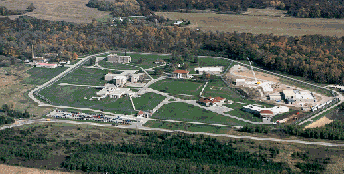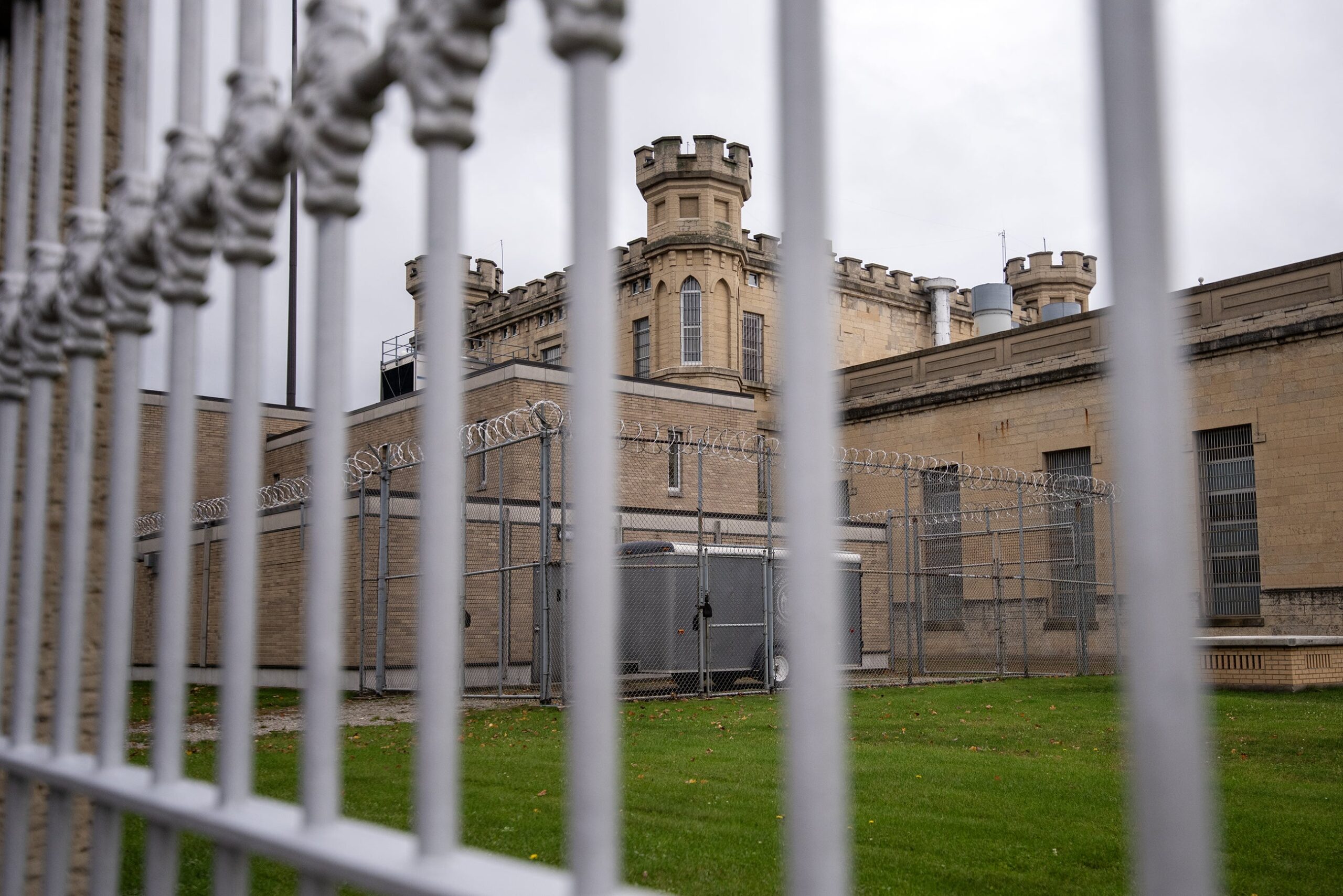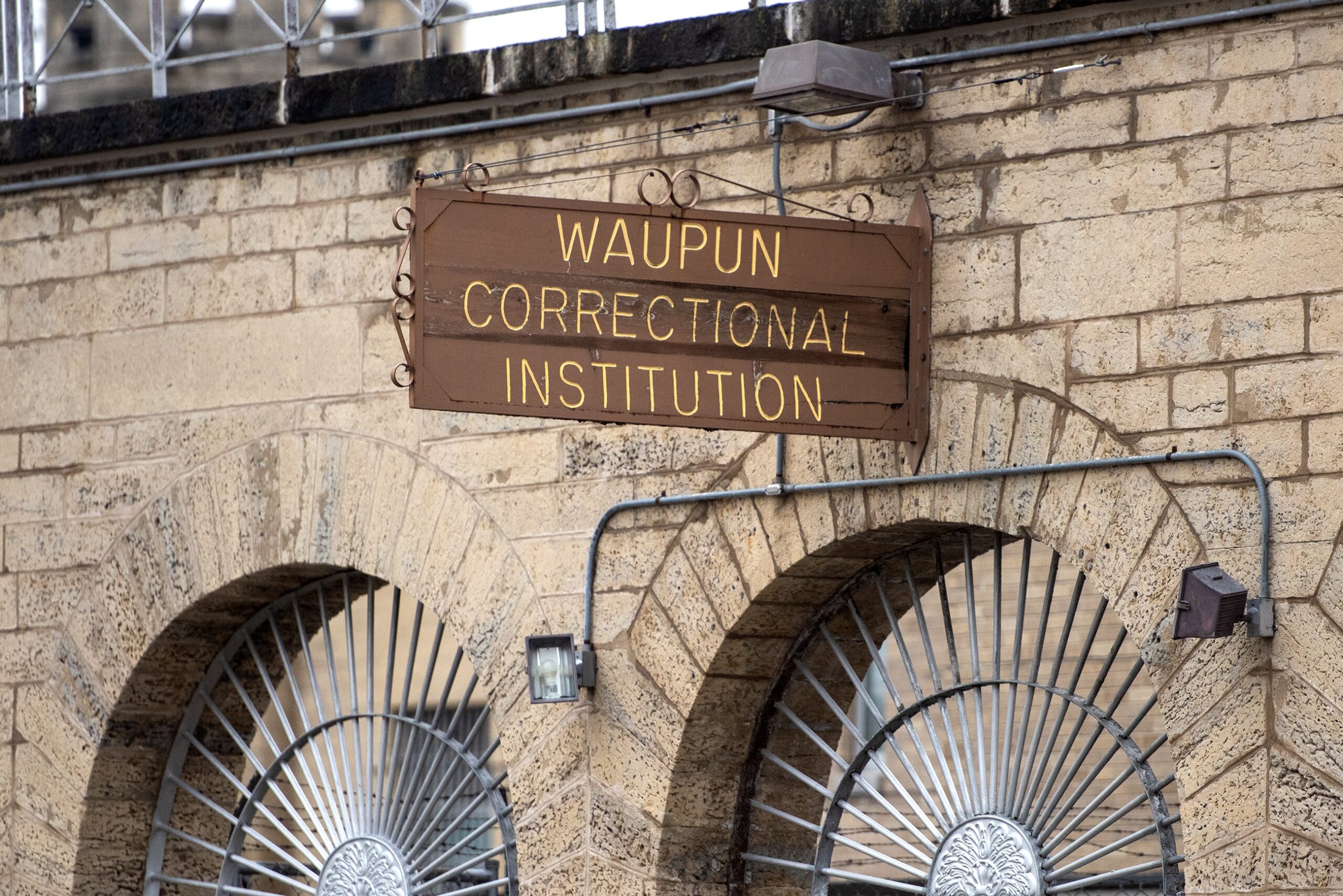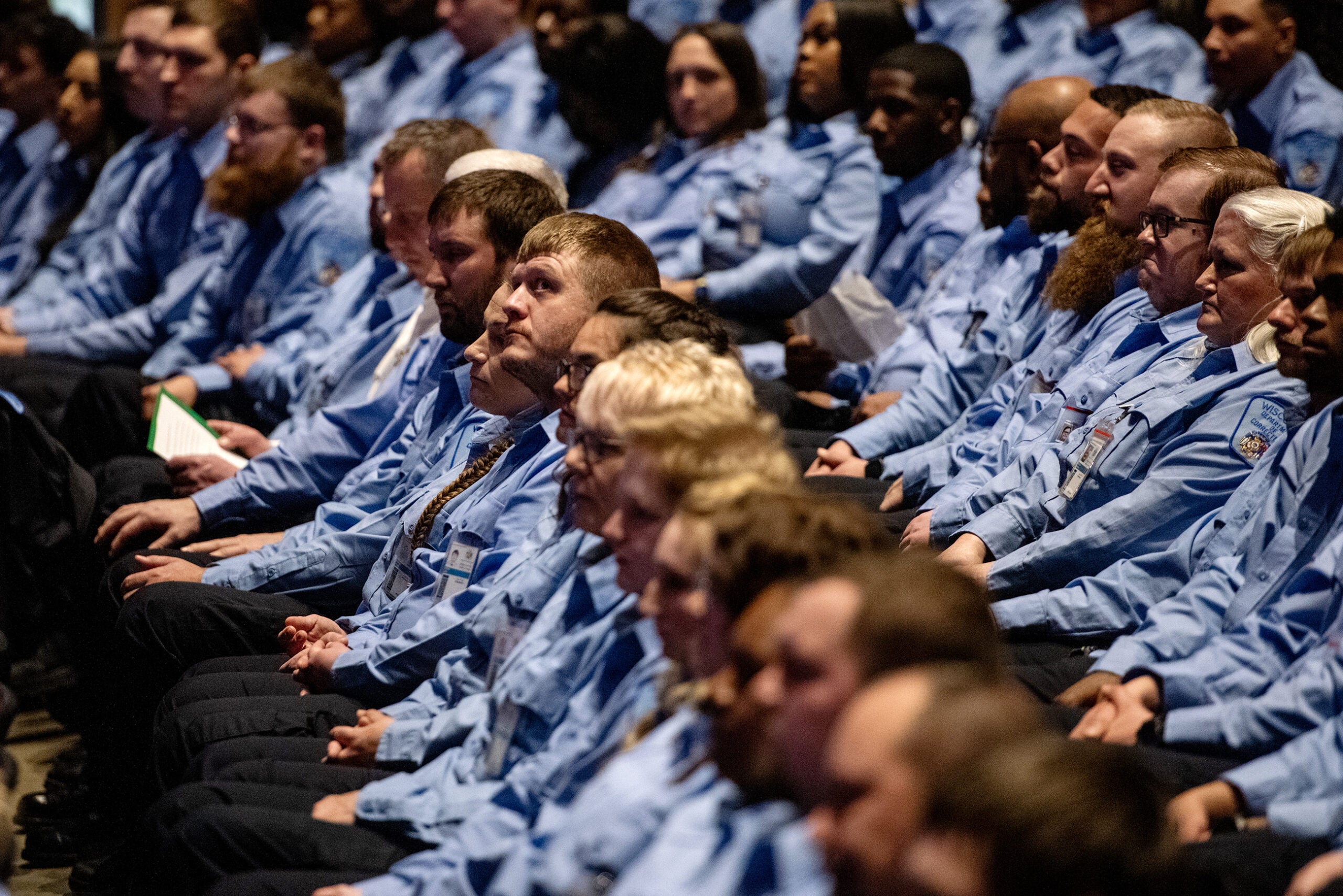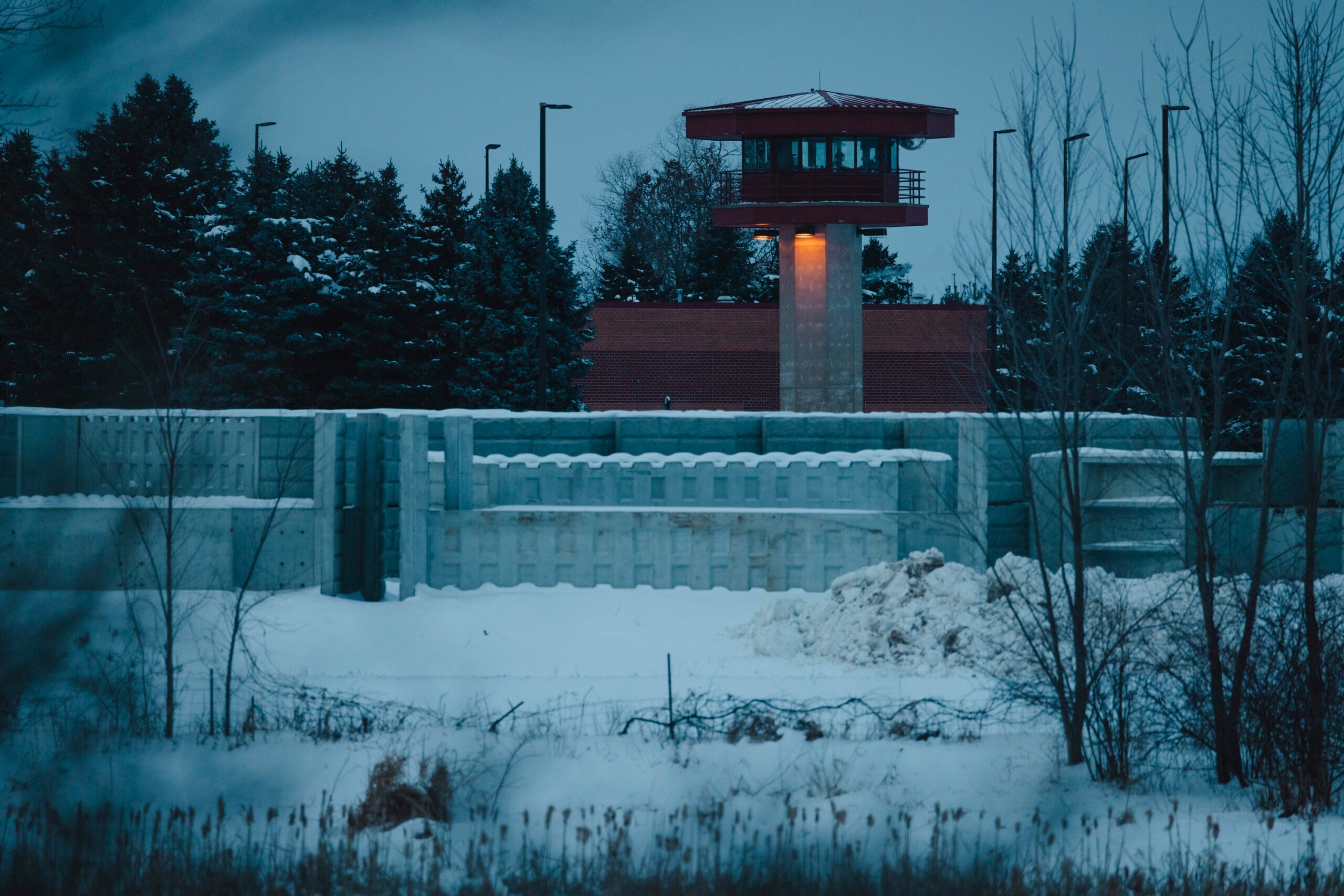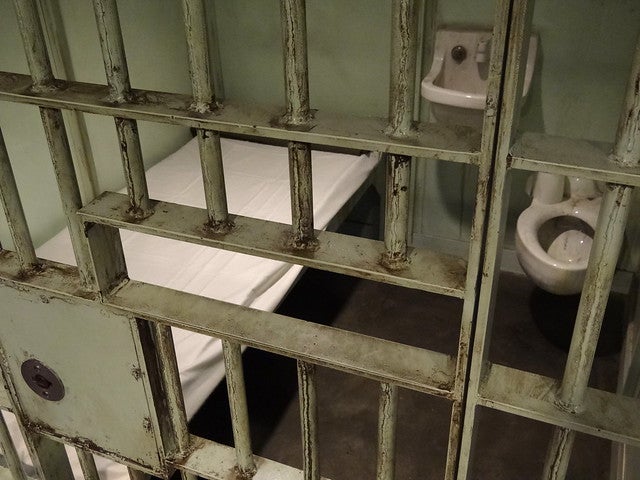The Department of Corrections is looking for new ways to help inmates get the skills they need to rejoin society once they’ve served their time. The latest effort involves a mobile manufacturing skills lab that is making the rounds of state prisons.
The lab, filled with machining and pneumatics equipment, is funded with a combination of private, state and federal funds. It is currently tucked away in a corner of the Taycheedah Women’s prison in a parking lot behind the prison’s main classroom building.
Despite the high-tech equipment it houses, it does not look out of place; for a first-time visitor, Taycheedah looks a lot like a college campus. Except, of course, for the razor wire topped fences, and the fact that the students are all dressed in prison uniforms.
Stay informed on the latest news
Sign up for WPR’s email newsletter.
“I’d like to take the opportunity to welcome everybody to Taycheedah correctional institution,” greets Gary Grueter, the education director at Taycheedah, during a visit to the facilities. “Taycheedah is the max-medium security facility for female offenders in the state of Wisconsin. Currently, [there are] just over 700 inmates incarcerated here.”
Continues Grueter: “We offer educationally the GED/HSED programs. We offer educationally 4 certified vocational programs.”
Those programs that serve 200 of the 700 inmates include cosmetology; a dental lab technician program; building maintenance and construction; and an office software program. Now, there’s a fifth: At least while the mobile lab is there, 10 students are getting trained in basic manufacturing skills like how to align a metal shaft in a gear box.
“First, we would test for what we call, ‘soft foot.’ It’s kind of like, if you have a table that’s wobbly there’s always one leg that isn’t quite right,” explains twenty-four-year-old Amanda Burczyk, who is serving time for selling marijuana.
She continues: “These will help us adjust that, so there’s no wobble in the shaft, and then everything’s aligned.”
As she adjusts the metal shims and the bolts she reflects on the realignment in her own life. Her conviction ended her job as a graphic designer for a software company. Now she’s hoping to start her life over in manufacturing after she’s released at the end of this year.
“A lot of people will go in and say incarceration was this horrible thing. But really I had so many opportunities here. If it wasn’t for the drug treatment that I got here I wouldn’t be able to go out and say that I am sober. I also wouldn’t have this job training, and this is probably one of the biggest opportunities that I have had in my entire life.”
The director of the Green Bay Area Workforce Development Board, Jim Golembeski, forged a partnership with the Department of Corrections, Lakeshore Technical College and two Green Bay area companies to fund the manufacturing lab. He says its biggest advantage over current prison job training programs is that it can be constantly updated with the latest equipment that manufacturers are using and need workers trained to operate.
“One of the problems corrections has, is if they invest in something, it’s there and it’s there forever and if the economy changes, it’s there. This gives you the opportunity to bring relevant, in-demand training in and out, quickly and flexibly.”
The lab will remain for another few weeks at Taycheedah before heading down the road to the Kettle Moraine Prison to train inmates there. The Department of Corrections is considering adopting the mobile lab approach to vocational training and possibly increasing the number of labs for use in more prisons.
Wisconsin Public Radio, © Copyright 2024, Board of Regents of the University of Wisconsin System and Wisconsin Educational Communications Board.

